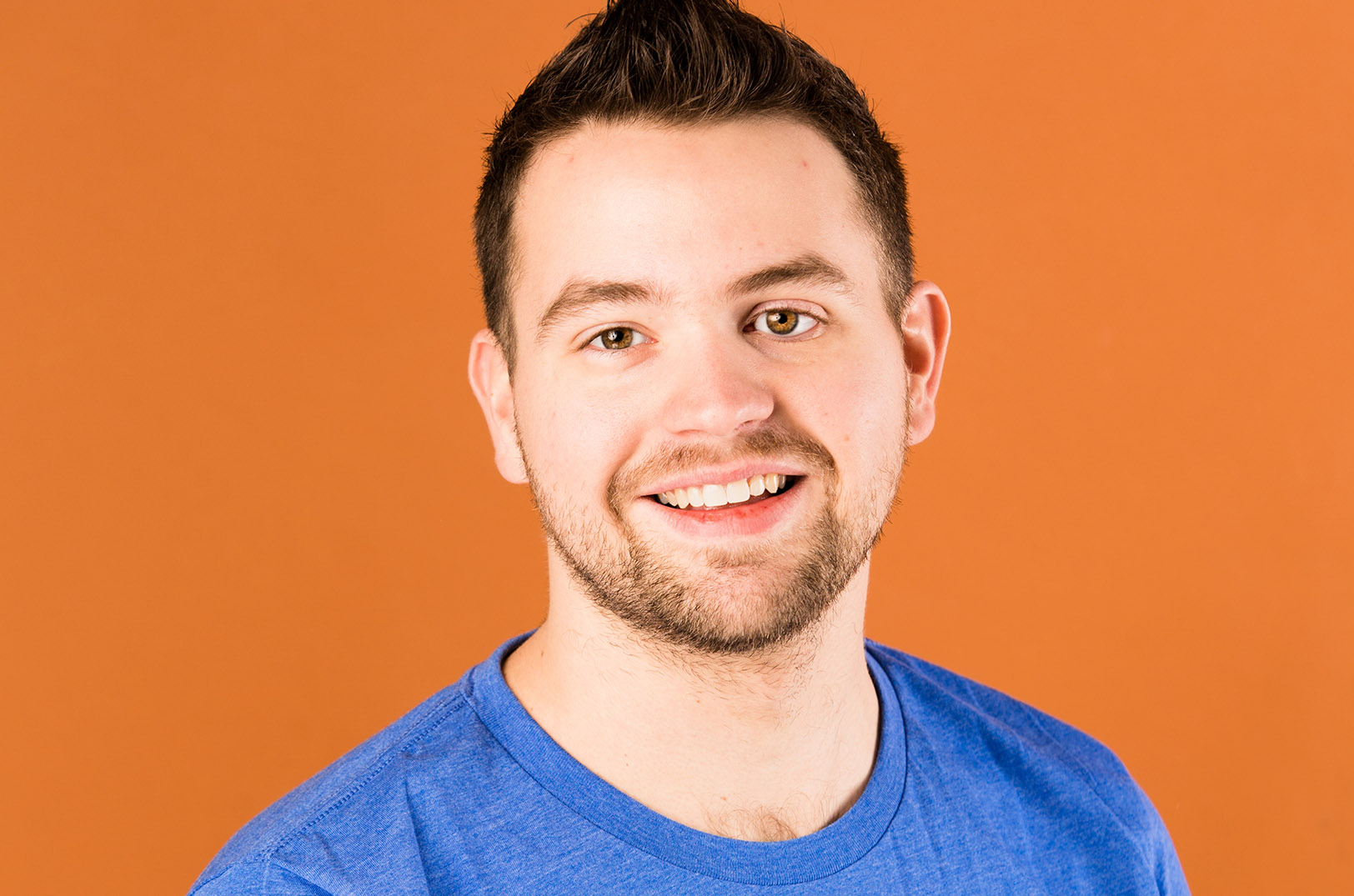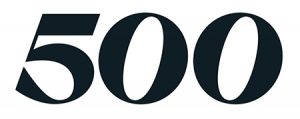Access to acceleration has been unlocked, David Biga said, announcing Particle Space has joined a newly launched accelerator program from 500 Global that could give rise to a fully functioning startup ecosystem in Aichi, Japan — while helping the startup further realize its own potential.
“One of the things we’ve been exploring with our API services is how we could expand into the Asian market,” Biga, founder of Particle Space, told Startland News in anticipation of the kind of impact the program — part of Accelerate Aichi by 500 Global — could have on the company.
“Asia has one of the largest real estate markets in the world. … They have a lot of people renting, large buildings, complexity within their structures and how buildings are built. There’s a lot of opportunity,” he explained, noting 20 companies began the inaugural, 10-week program virtually Jan. 11.
A demo day is set for March 17.
Click here to read more about Biga and Particle Space — one of Startland News’ 10 Kansas City Startups to Watch in 2022.
“Aichi is one of the most profitable cities in Japan. It’s where all your major manufacturing is done. It’s a very economically driven province. For us, this program is a corporate development and government partnership.”
Elevator pitch: Particle Space is creating the proptech infrastructure for the internet. We make it really easy to build real estate technology through API (application programing interface) services.
- Founder: David Biga
- Founding year: 2015
- Current employee count: 5
- Amount raised to date: $650,000
- Noteworthy investors: Undisclosed angel investors
- Programs completed: Pitch Perfect at the Enterprise Center in Johnson County, Digital Sandbox KC, ELEVATIONLAB programming with the Missouri Small Business Development Center at the University of Missouri-Kansas City
- Just joined: Kansas City Startups to Watch in 2022, Pipeline Entrepreneurs
Through the 500 Global network, Biga and his team will have access to an immense network of mentors and direct connections to Aichi government officials and potential customers in the region.
“The cool thing is, it’s allowing us to better understand the cultural side of how we can take our product and API services and expose [them] in a way that can be utilized in other countries,” Biga said, noting Japan as a country holds a strong reputation for supporting the work of startups and embracing innovation.
“My biggest goal [for this program] is to figure out if there’s a market fit for what we’re doing in Japan and Asia as a whole. I’m expecting to walk away with customers — people we’re partnering with and working with.”
The program itself looks to establish Aichi as a startup hub, 500 Global explained in a release.
“Through Accelerate Aichi by 500 Global, we will promote the development of the startup ecosystem in the prefecture and build a solid foundation for startups to operate in this region,” it said, detailing three types of programming, branded growth, landing pad, and corporate innovation — each one intended to create a successful model for startups and to promote the development of the region’s startup ecosystem and further its open innovation culture.
“Aichi Prefecture has achieved steady economic growth against the backdrop of Japan’s largest manufacturing industry cluster,” the organization continued.
“On the other hand, in the era of VUCA [volatility, uncertainty, complexity, and ambiguity], where all environments are changing rapidly due to the evolution of technology, we are advocating the creation of continuous innovation in order to continue to grow the economy.”
“The region is strongly supporting the growth of startups, which are the leaders in the creation of innovation, while taking advantage of the industrial agglomeration, which is one of our strengths, while obtaining the backup of the designation of a global hub city by the country.”
Biga is eager to see the impact the program could have on the region in addition to Particle Space, he added, noting he also hopes to take inspiration from Japanese culture as he continues to build the startup in Kansas City.
“I think the biggest thing coming out of this is [being able to say,] ‘Hey, is my business just a local business that I can make successful? Or is it a national company? Is it a regional company? Or is it a global company?’ … Having mentors from 500 that ask tough questions [will be significant],” he said, adding he’s already been told startups most often fail amid market expansion when they aren’t willing to adapt their business model to the region they’re establishing a presence in.
“They weren’t willing to change to serve the region. It’s important to evaluate who your customer is [and] your go to market [strategy] based on different cultures, different regions and determine where your business can fit,” Biga continued, adding he’s excited to embrace such advice and tap into the 500 Startups network.
“I [now] have a network of amazing mentors who have experience and connections in every city in the world. It’s a really amazing group of people. We’re three weeks into the program already and the intentionality and material and the mentorship have been extremely solid through this whole program.”
Click here to read more about Biga’s recent acceptance into the Pipeline Entrepreneurial Fellowship.








































